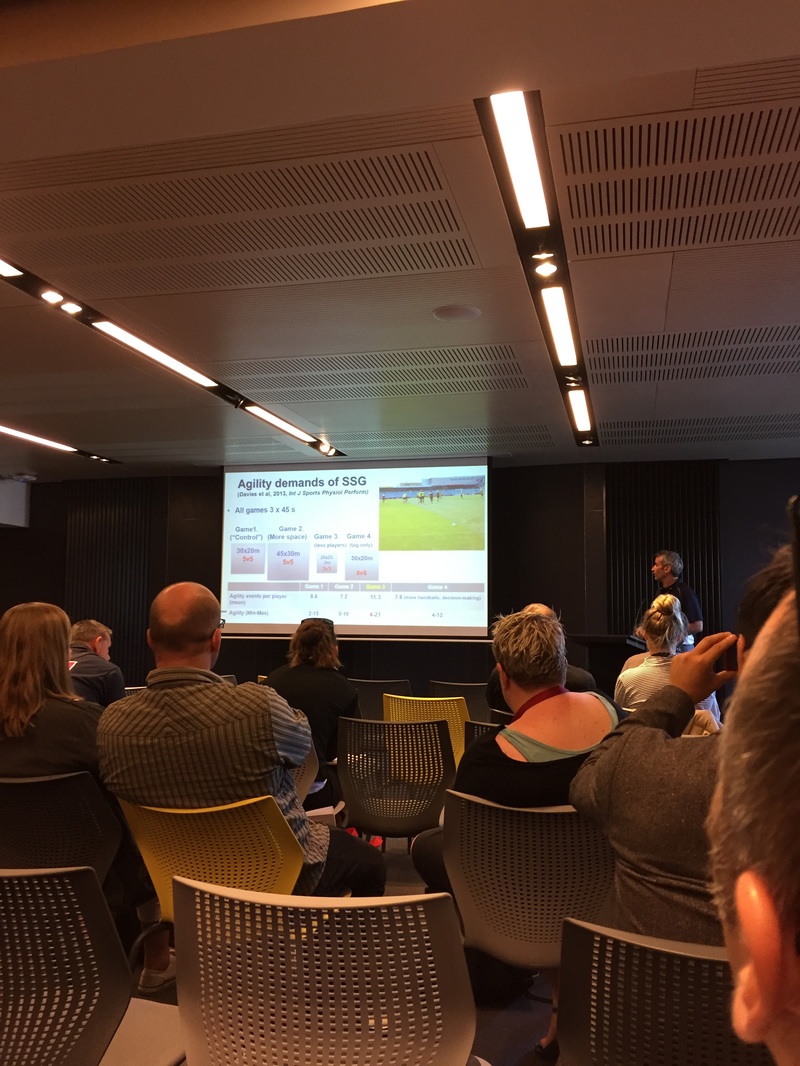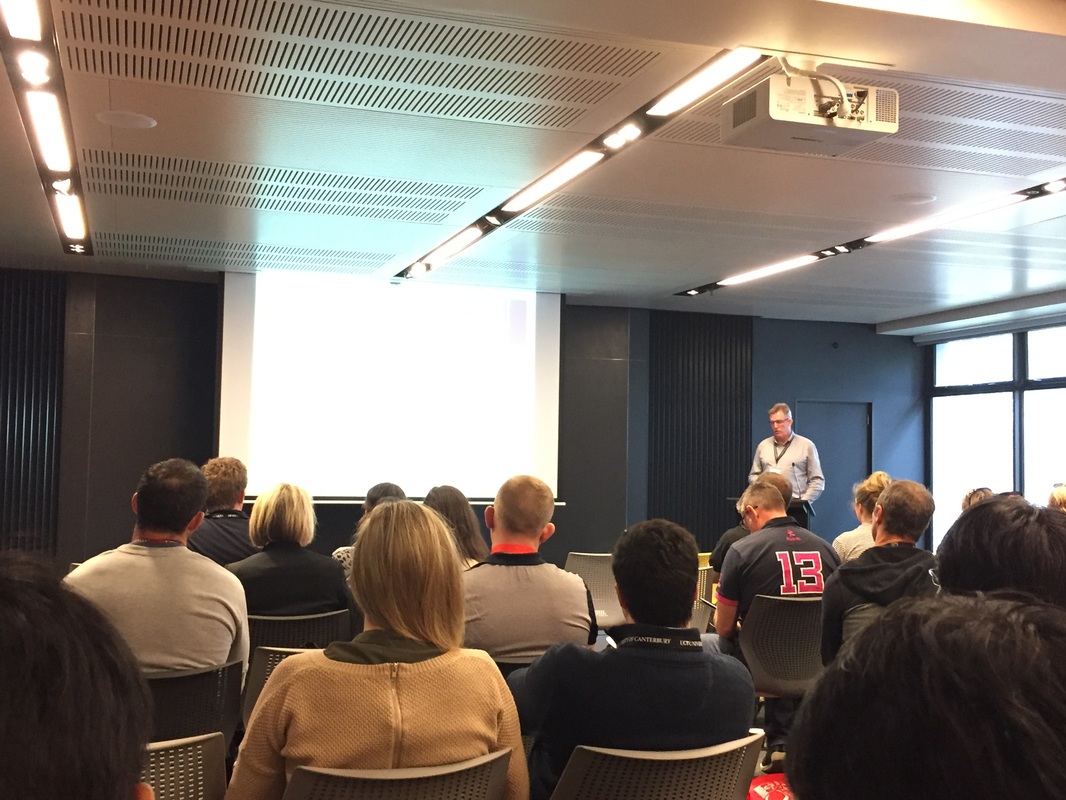Introduction
In the first instance I shall outline the key principles of TGFU in its original form and invite colleagues to articulate the principles that guide their practice in the approach that they use. There are important differences that need to be accessible and carefully considered to enable us to advance our thinking.
I believe that it is important to articulate these more clearly so that readers can form a clear conception of what is entailed. As a result, I am inviting colleagues who are advocates of different variants or approaches to the teaching and coaching of game to articulate their key principles. This does not exclude anyone who feels that they can make a contribution to the discussions
When we have a range of these insights it will enable readers to generate a much better understanding of the task of improving the teaching and coaching of games and how to make them accessible to a wider audience
This initial blog will be followed by three more on the following topics:
2. The idea of a Curriculum Framework for Games Education
3. The development of a Practice Framework that articulates the key processes to guide our thinking in making games
accessible to a wider audience, providing a rich environment for learning and shaping games.
4. How we can construct A Pedagogy of Engagement and develop the idea of a Pedagogical Capability?
Once again your comments, reactions and contributions are key to the success of this project.
What did TGFU bring to the teaching of games that was innovative – 36 years ago?
- It provided an alternative way of making games accessible to young people.
- It challenged accepted practice.
- It highlighted that game forms facilitate ‘learning in context’, they are situated in practices that represent what young people will experience in a game.
- It emphasised ‘Understanding in Games’: everyone talks about Understanding but no one explains what it entails.
- Understanding: why is this important?
- We want children to understand games (make sense of them)
- We want them to understand why they should play games.
2. Intelligent Performance
- We want players to understand what an intelligent performance entails and to enable them to demonstrate this in games
However, what does this mean in practice?
A focus on ‘understanding’ –
- Understanding of a game
- Understanding in a game (intelligent performance) as well as
- Understanding how to shape a game (for teachers and coaches).
Learning about games and learning what they can offer – appreciating games.
- It introduced the idea of Primary and Secondary rules and their relevance to learning about games
- It developed a Games classification
- Problem posing - in the form of a game that would provide learners with puzzles to unravel – how do you outwit your opponents?
- It provided a structure to enable teachers to think how they can shape the way that games are presented to young people.
- It highlighted the need for Modification Principles to enable and guide the shaping process
- Self-directed learning to unravel the puzzles within a game became a key element.
- It sought to give young people the opportunity to contribute to how the game was played and seeking their views – in today’s terminology – giving them a ‘voice”.
- The focus on games making was seen as a way of enabling young people to understand the role of rules, modification principles, how to improve a game and helping young people to devise their own games.
- It posed the question: how can we enable players to ‘make sense of games’ so that they can understand what they can do and turn it into an intelligent performance?
This outline provides a set of key statements that underpinned the development of TGFU.
Postscript
Alan Launder in his first book “Play Practice” raises a number of key points that go beyond the original conception of TGFU. I shall highlight 3:
- Misunderstanding the difference between techniques and skills.
- Our understanding of Games Sense
- Creating a platform for skilled play
Misunderstanding the difference between techniques and skills.
Nevertheless, Alan believed that by adopting a TGFU framework there was a danger of neglecting technical competence and I believe that he has made an important point. I shall return to this in a future blog in outlining the idea of a Games Capability.
Our understanding of Games Sense
Making sense of games (Rod Thorpe) in TGFU.
- Games Sense as a title for a specific way of thinking about teaching and coaching games
- Alan Launder’s use of games sense in Play Practice
Creating a platform for skilled play
- Understanding how the rules of the game and their interpretation can influence play
- Coping with all the different time demands in a game, in practice time or the time to make good/effective decisions
- Physical courage and toughness
- Athleticism/Endurance (the ability to cover the ground – pitch or court - for a whole game)
- Mental toughness when under pressure
- Ability to read the play and develop the instinct to recognise meaningful information/cues and meaningful patterns in a game
- Ability to think ahead of the play
- Clear communication between players and the coach
- Attention span











